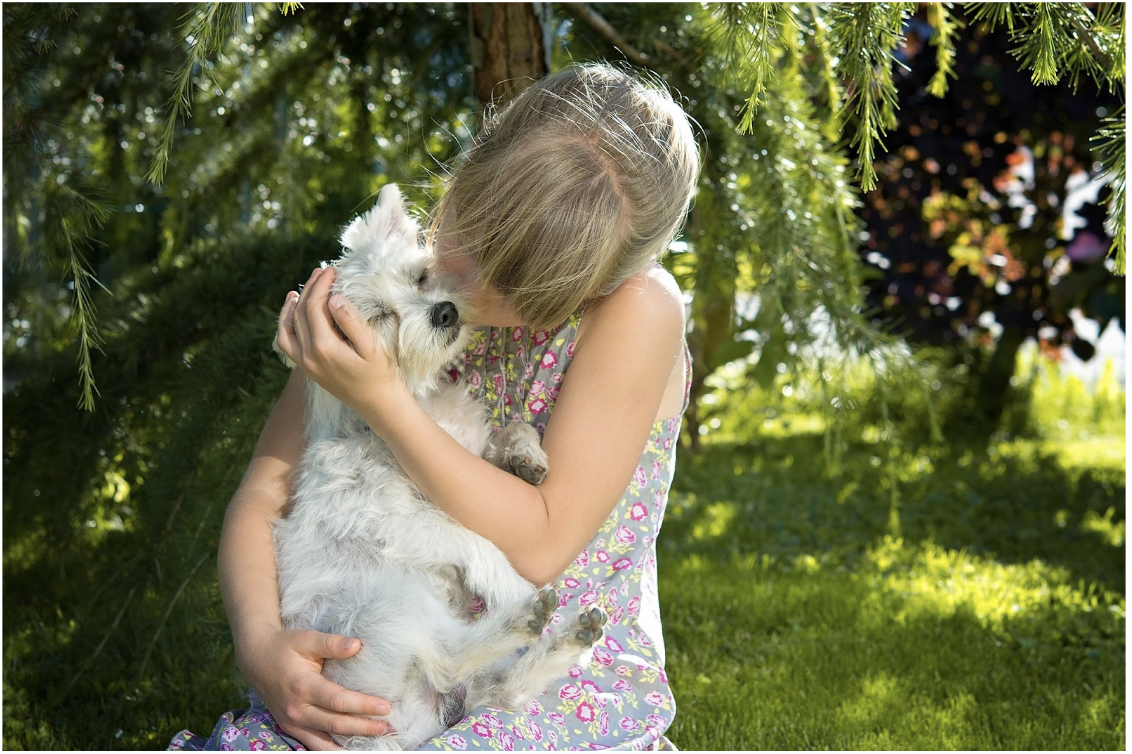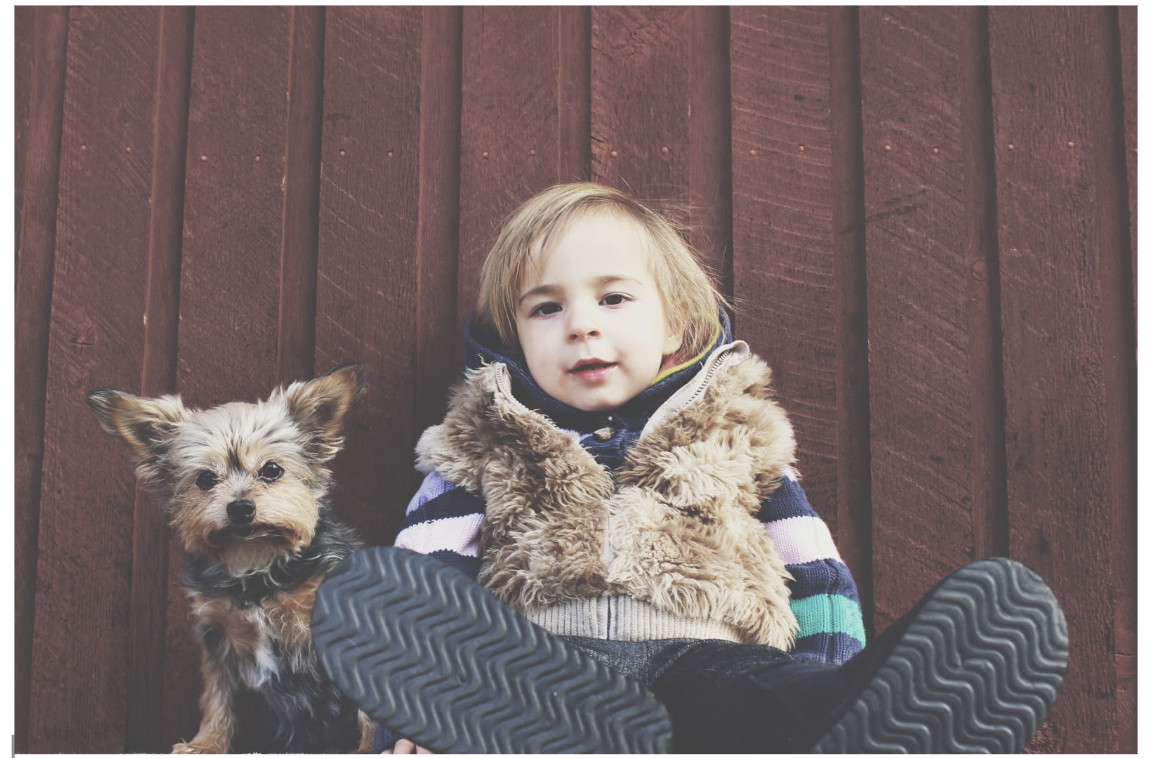How Dogs Can Positively Impact Your Child's Development

Dogs have long been known as man's best friend, but did you know that they can also be great companions for children? Studies have shown that growing up with a dog can have numerous positive impacts on a child's development. From building social skills to fostering empathy and responsibility, the benefits of having a canine companion during childhood are plentiful. In this article, we will explore how dogs can positively impact your child's development and why they make great additions to any family.
Factors to Consider When Introducing a Dog into Your Family
When considering introducing a dog into your family, choose the right pooch for your household. Factors such as size, energy level, and temperament should all be taken into account when selecting a furry friend Consider the age of your children and their ability to handle and care for a dog. Moreover, researching different breeds and consulting with a veterinarian can also help in finding the perfect match for your family. Provide proper care and nutrition for your new pet, including providing the best pet supplements for dogs to ensure their optimal health and well-being. Every dog is unique, so take the time to find the right fit for your family to reap all the benefits of having a canine companion.
The Benefits of Owning a Dog for Children
Introducing a furry friend into your family can have numerous positive impacts on your child's development. Beyond the joy and love that comes with having a pet, studies have shown that growing up with a dog can help children build social skills, foster empathy and responsibility, and even improve their physical health through increased activity. Dogs also provide a sense of companionship and security for children, especially during times of stress or transition. They can also help children learn important life lessons such as patience, compassion, and respect for animals.
How Dogs Can Help Build Social Skills in Children
Dogs have an innate ability to bring people together and this is no different for children. When a dog becomes part of the family, it also becomes a playmate, confidant, and best friend to your child. This relationship can greatly benefit a child's social development as dogs can help break down social barriers and encourage interaction with others. Dogs provide a non-judgmental source of comfort and support, helping children feel more at ease in social situations. Caring for a dog can also teach children valuable communication skills as they learn to understand and respond to their pet's needs.

Developing Empathy and Responsibility through Caring for a Canine Companion
Caring for a dog teaches children responsibility and empathy, traits that benefit their growth. By feeding, walking, and grooming their dog, kids learn the importance of consistency and commitment. They also develop empathy by understanding and responding to their pet's needs and feelings, which helps them become more compassionate and considerate. This experience can improve their emotional intelligence and empathy in interactions with others.
How Dogs Promote Physical Activity in Children
Dogs are energetic and playful creatures, and this energy can be contagious for children. By having a furry playmate at home, children are more likely to engage in physical activities such as playing fetch or going for walks. This can help combat sedentary lifestyles and promote overall physical health for both the child and the dog. In addition, studies have shown that children with dogs are less likely to be overweight or obese, as they have a constant companion that encourages them to stay active. This improves their physical health and boosts their self-esteem and confidence as they engage in fun and healthy activities with their furry friend.
How Canines Can Help with Anxiety and Stress
Having a dog can also have a positive impact on a child's emotional well-being. Dogs are known for their unconditional love and loyalty, providing children with a constant source of comfort and support. This can be especially helpful for children who struggle with anxiety or stress, as dogs have been shown to have calming effects and promote relaxation. Simply petting a dog can release oxytocin, the "love hormone," which can reduce stress and anxiety. Having a furry friend to confide in and share their emotions with can also help children cope with difficult situations and build resilience.
Introducing a dog into your family can have numerous positive impacts on your child's development. With proper care and nutrition, your dog will become a beloved member of the family and bring endless joy and benefits to your child's life. So if you're looking for a way to enhance your child's development, consider getting a dog – they truly are paws-itive influences in our lives!






